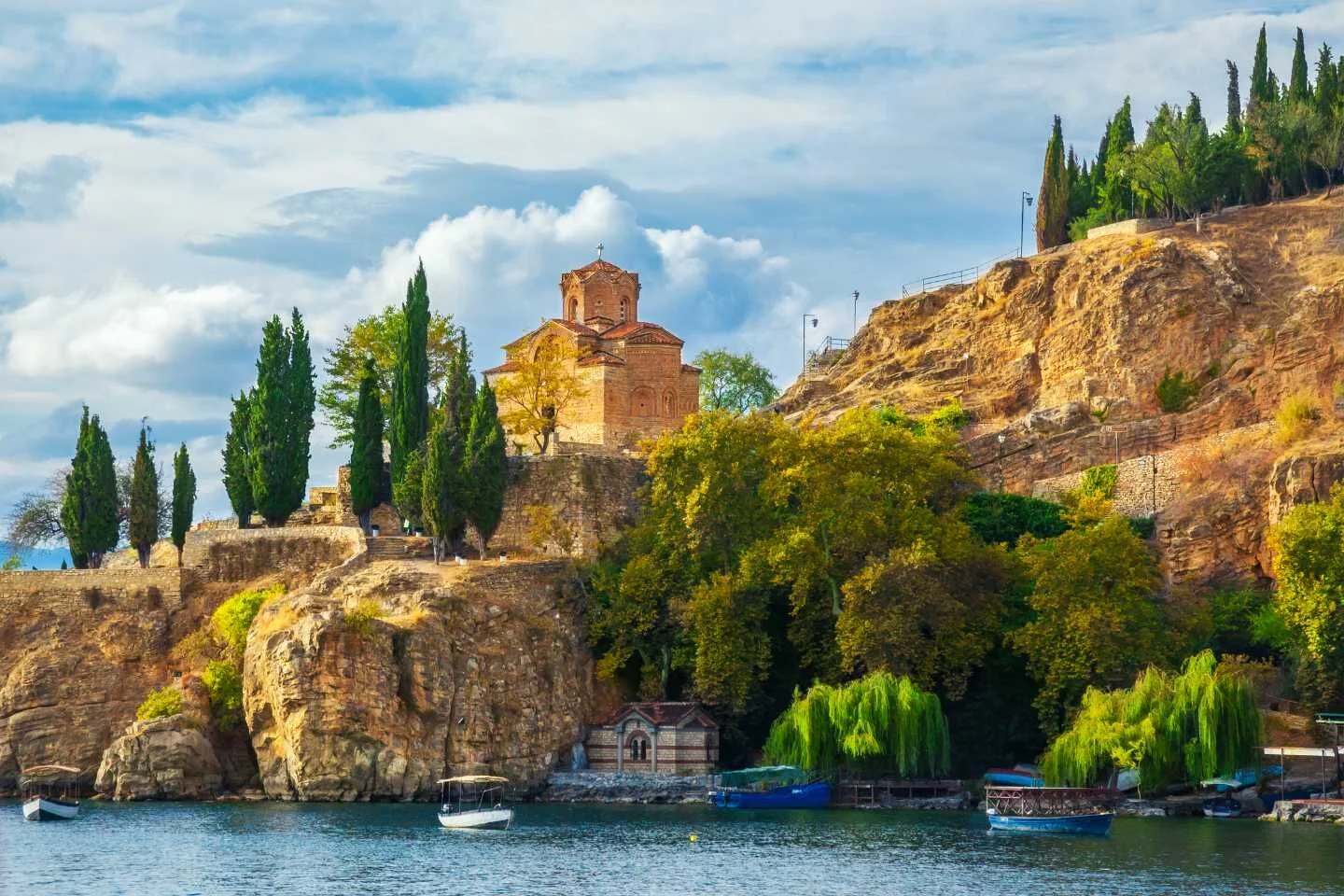In the small village of Lin on the Albanian shore of Lake Ohrid, archaeologists have made a discovery that could rewrite European prehistory: a pile-dwelling settlement dating back to around 5800 to 5900 BC – making it the oldest known lakeside settlement in Europe. This was announced by the team from the University of Bern led by archaeologist Albert Hafner, which is conducting the excavations in collaboration with the Albanian Institute of Archaeology.
While previous finds in Switzerland and northern Italy mostly date back to the 5th millennium BC, this discovery on Lake Ohrid is several hundred years older, as Hafner confirmed to Swiss television SRF. He said: “To our knowledge, this is the oldest known lake settlement in Europe” (SRF, July 21, 2024).
Life on the water – 8,000 years ago
The inhabitants of the settlement lived in wooden structures on stilts built in shallow coastal areas. Their construction probably protected them from flooding, wild animals, and possibly also from enemies. What is particularly fascinating is that the remains are so well preserved that even the finest wooden elements, ceramics, animal bones, and even copper tools have been uncovered. The depth and cold of the lake have preserved the organic material perfectly.
A village with palisades
According to a report on albinfo.ch, thousands of pointed wooden stakes found at the edge of the settlement prove that the inhabitants already used defensive strategies against external threats around 8,000 years ago. The complex was therefore not only a place of residence, but also a well-organized living space with a clear structure.
Technical challenge under water
The excavations are taking place under difficult conditions: at depths of up to three meters, archaeologists have to carefully separate the sediment from the wood using compressed air. The clear water of Lake Ohrid improves visibility, but the dense vegetation along the shore makes access difficult (SRF, July 21, 2024).
From regional to continental significance
The discovery in Lin has national significance: it not only shifts the timeframe of early settled cultures in the Balkans, but also shows that agricultural and craft skills spread much earlier than previously assumed. According to Gazeta Express, this excavation is a significant addition to the UNESCO World Heritage Site of the prehistoric pile dwellings around the Alps, which could now also include the Lin site.
Albert Hafner told the Kurier newspaper that attempts are currently being made to determine the exact age using dendrochronological methods, i.e., by analyzing tree rings. This could fundamentally expand our knowledge of European prehistory.















Recent Comments